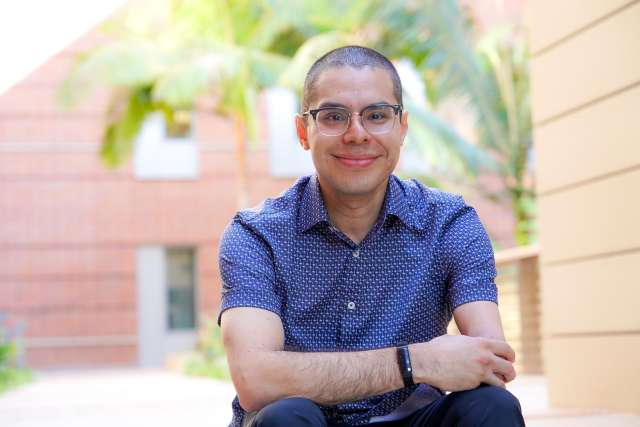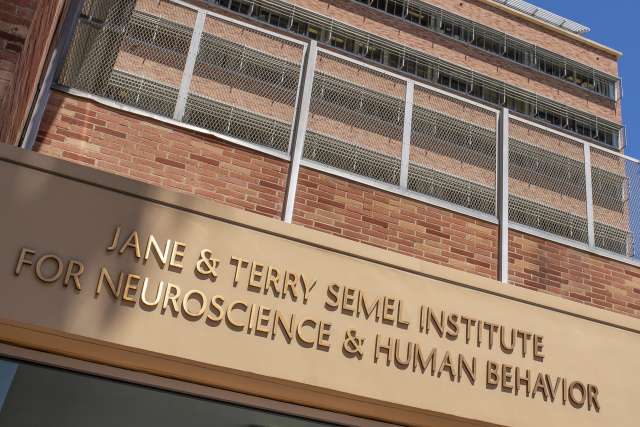Harold Pimentel, PhD, an assistant professor of computational medicine, computer science and human genetics in the David Geffen School of Medicine at UCLA, has received a seed grant from the Hypothesis Fund for his innovative project titled "Decoding rare genetic variation: Integrating Deep Mutational Scans with GWAS for disease insight."
Pimentel's research aims to investigate whether collective data from small-scale laboratory experiments can help interpret rare genetic variants in diseases they weren't originally designed for. More generally, Dr. Pimentel's work focuses on understanding the complex relationship between genes, RNA, proteins, and disease, particularly how genetic variation affects gene regulatory networks.
"Dr. Pimentel's approach uses clever computation combined with a deep understanding of genetics and the identification of a gap in our current approaches," said Dr. Kay Tye, a Professor at the Salk Institute for Biological Studies and a scientist Scout with the Hypothesis Fund. "If successful, his project could lead to an integrative framework capable of uncovering hidden genetic drivers of rare diseases — offering powerful new insights into the biology of complex traits and revolutionizing the landscape of precision medicine."
The Hypothesis Fund specifically supports early-stage, innovative research before preliminary data exists, providing what they describe as "a fast path to enable a scientist to 'turn over the card' and see what's there." The Fund targets bold ideas in basic research that might otherwise remain unpursued or underfunded through traditional channels.
Dr. Pimentel, who holds appointments in the departments of Computational Medicine and Human Genetics, is developing computational frameworks to design and analyze small-sample functional genomic experiments alongside large genetic data sets from patients. His ultimate goal is to link these data types to understand gene interdependencies, potentially informing future treatments that can address broken genetic dependencies.
Dr. Pimentel earned his B.S. in computer science from California State University, Fullerton, followed by an M.A. in statistics and Ph.D. in computer science from UC Berkeley. He completed his postdoctoral training in genetics at Stanford University.



